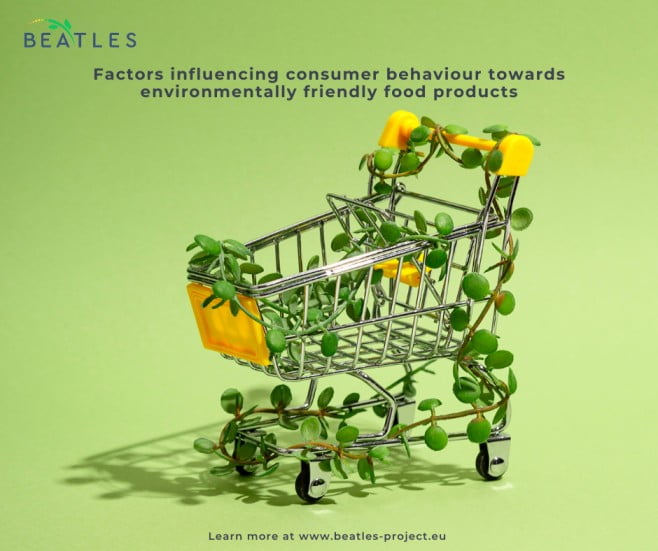BEATLES Horizon Europe project (2022-2026) provided a feedback to the European Commission adoption on Agricultural products – revision of EU marketing standards, opened from 21 April to 16 June 2023. The project notes the relevance of the legislative proposal to encourage the supply of more sustainable products to consumers.
The Commission intends to revise EU marketing standards both in the area of agricultural and the area of fishery and aquaculture products. This revision is also carried out against the backdrop of the Commission’s Farm to Fork (F2F) strategy of May 2020 and the UN’s Sustainable Development Goals. All feedback received will be summarised by the European Commission and presented to the European Parliament and Council with the aim of feeding into the legislative debate.
Agricultural marketing standards are one of the policy tools of the Common Agricultural Policy (CAP) that promote the specific economic and social objectives listed in Article 39 TFEU: the availability of food at prices that ensure the livelihood of agricultural producers and which consumers can afford.
EU marketing standards for agricultural products are a key element of the Common Market Organisation Regulation (CMO Regulation), which together with the Strategic Plan Regulation and the Horizontal Regulation, constitute the three basic acts implementing the CAP.
The project believes that EU marketing standards for agricultural products ensure high quality, help consumers and operators in the food supply chain and prevent distortions of competition. ‘Optional reserved terms’ (ORTs) can be useful to offer more sustainable agricultural products taking into account the evolution of consumer preferences, technological change and new production methods.
BEATLES has started producing significant research outputs by way of a systematic mapping on existing “lock-ins” and “levers” affecting the adoption of climate-smart agriculture (CSA) in the European Union. The exercise has resulted in the deliverable 1.1 on Integrated framework of decision-making factors which will soon be published on the website.
BEATLES Consortium considers and recommends:
- some standards are outdated or may hamper efforts to make the food system more efficient and sustainable.
- EU marketing standards rarely cover sustainability concerns and are not always coherent with other regulatory requirements and EU objectives. There is a need to align efforts with the ambition of the European Grean Deal and its Strategy Farm to Fork.
- a number of environmental, social and economic aspects could be addressed through a revision of EU marketing standards, at least: environment, biodiversity, climate change, public health and nutrition, food loss and waste and animal welfare.
- work is needed to increase consumer confidence in labelling with additional suggestions regarding transparency, traceability, tradition and the use of reserved terms in innovative products.
- the role of digitisation in marketing standards is not fully addressed and efforts could be made to clarify it.
- profitability for companies and consumers is different depending on the size of the producer and it is recommended to clarify the benefits and minimise the negative impacts.
- further clarification is needed on the effects of marketing standards on the different SDGs and international agreements or what is the most efficient level of intervention (e.g. national, EU level, international).
- monitoring arrangements have to be foreseen.
Know more detail about proposal for a directive – COM(2023)201 and Impact assessment report – SWD(2023)97 in: https://ec.europa.eu/info/law/better-regulation/have-your-say/initiatives/12772-Agricultural-products-revision-of-EU-marketing-standards_en
Author: Blanca Casares (AEIDL)


